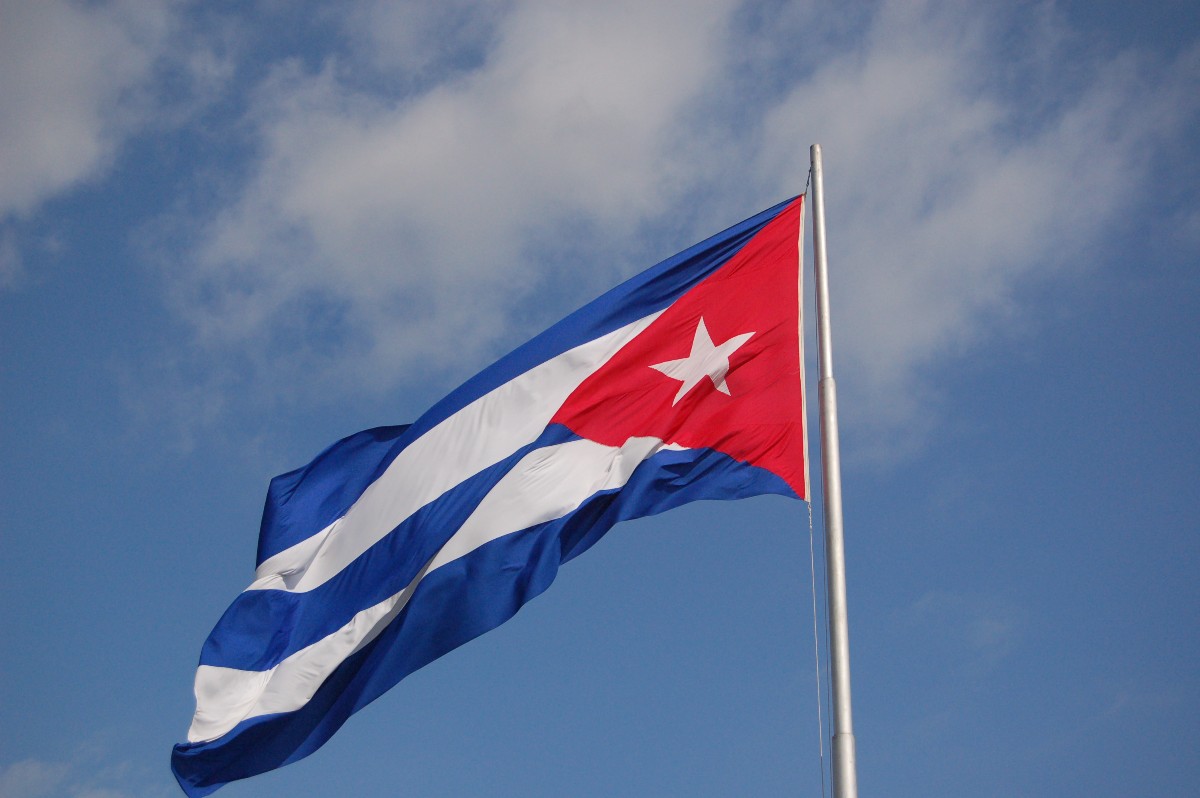 Courtesy of tgraham on Flickr
Courtesy of tgraham on Flickr
U.S.-Cuba Energy Cooperation: Rekindling U.S.-Cuba Relations and Curbing Chinese Influence in the Caribbean
Since its founding in 1959, the modern Cuban state has been dependent on foreign nations for energy. It relied heavily on imported Soviet oil during the twentieth century, and after the USSR’s fall, turned to Venezuela to satisfy its energy needs. Venezuela’s deteriorating economy, however, has depressed oil exports and forced Cuba to seek alternate energy partners. While some countries stepping forward to support Cuba’s energy sector are U.S. allies (including Britain and Canada), others, like China, are strategic rivals. China has made significant investments in Cuban renewable energy projects and appears poised to become Cuba’s favored foreign energy financier.
Energy is a key need for Cuba and a strength for the United States, offering an opportunity for engagement that would support American exporters while also curbing Chinese influence and reinvigorating U.S. commitments to climate and energy cooperation with the Caribbean.
Cuba and Energy: A History of Destructive Dependence
Cuba has long been dependent on outside actors for energy, a position that has adversely impacted the island’s economic and political stability.
USSR: 1959-1991 From the Cuban Revolution to the late 20th century, Cuba relied on the USSR for 90% of its fuel needs. Cuba’s dependence on the Soviets had dire consequences: when the USSR fell in 1991, subsidized oil exports ceased, and the Cuban economy crashed. As the island nation lost its primary fuel supply and the steady revenue stream it earned from reselling Soviet oil, it entered a “Special Period” of wartime-like rationing and energy blackouts. Cubans lost on average 12 pounds in near-famine conditions and automobiles fell into disrepair as fuel-free horse or ox carts abounded.
Venezuela: 2000-present Following the Soviet collapse and a failed attempt to achieve energy independence, Cuba turned to Hugo Chavez’s Venezuela for assistance. In 2000, the two nations brokered the Convenio Integral de Cooperación (CIC), an agreement for Venezuela to sell Cuba oil in exchange for the services of Cuban professionals, such as doctors, teachers, and military personnel. By 2015, Venezuela was satisfying about 62% of Cuba’s oil needs, sending on average 105,000 barrels of oil per day. However, Venezuela’s ongoing political crisis has depressed the country’s oil production, threatening a CIC collapse that could cause the Cuban economy to contract on a scale of 3 to 7.7%.
China: An Emerging Energy Partner
Facing an uncertain energy future, Cuba has turned to new partners. Among them is China, an ideological ally that has been willing to support Havana’s energy goals—including a commitment to 24% energy generation from renewables by 2030—on “soft credit” terms:
- 2006: During Cuba’s “Energy Revolution” to boost energy efficiency, China supplied the island with 1 million fridges, 2 million fans, 3.3 million stoves, and 7 million rice and pressure cookers.
- 2013-2016: China financed and provided turbines for wind farms at La Herradura, Pinar del Rio, and Yaguaramas.
- 2019: Cuba joined China’s Belt and Road Initiative.
- 2020: The Chinese company Shanghai Electric financed and oversaw the construction of Cuba’s first biomass-fired power plant at Ciro Redondo.
The Security Cost of U.S. Disengagement from Cuba
Cuba’s energy dependency on U.S. strategic rivals like China and Venezuela has serious implications for hemispheric security. The island’s “oil-for-professionals” agreement with Venezuela supports an authoritarian government that has presided over a domestic humanitarian crisis and precipitated a massive outward migrant flow. China’s investments in Cuban energy have contributed to a debt that Cuba may struggle to pay without concessions or financial restructuring. They have also opened the door for collaborations on telecommunications and infrastructure projects that could present a threat to the economic and security interests of the U.S.
U.S. Policy Pathways to Break Cuba’s Cycle of Dependency
The U.S. can help break Cuba’s cycle of dependency and curb the influence of U.S. strategic rivals in the Caribbean by partnering with Havana on energy security. Specific actions the U.S. should take include:
- Reinstating travel to conferences, meetings, and workshops via general license to promote confidence-building and encourage cooperation between relevant civilian Cuban and American parties on issues like energy security
- Relaunching the U.S.-Cuba Renewable Energy and Energy Efficiency Working Group to convene government officials and technical experts from both countries around issues of energy security
- Conducting knowledge-sharing activities compliant with Section 515.591 of the Cuban Assets Control Regulations to help Cuba develop a balanced energy strategy and decrease its dependence on U.S. strategic rivals for fuel
- Authorizing humanitarian exemptions for the export of oil or LPG to Cuba in times of shortage
- Establishing an OFAC general license for U.S. businesses to develop offshore gas, oil, or renewable energy in Cuba for private and humanitarian use
- Approving waivers or amendments to the sanctions regime to permit the U.S. to provide foreign assistance to Cuba to support renewable energy projects for private use
- Incorporating Cuba into President Biden’s proposed Clean Energy Export and Climate Investment Initiative, a plan to promote American clean energy exports and investments focusing on small island states in the Pacific and Caribbean
- Repealing the 1992 Cuban Democracy Act, 1996 Helms-Burton Act, and the Cuba-related sanctions in the 2000 Trade Sanctions Reform and Export Enhancement Act






